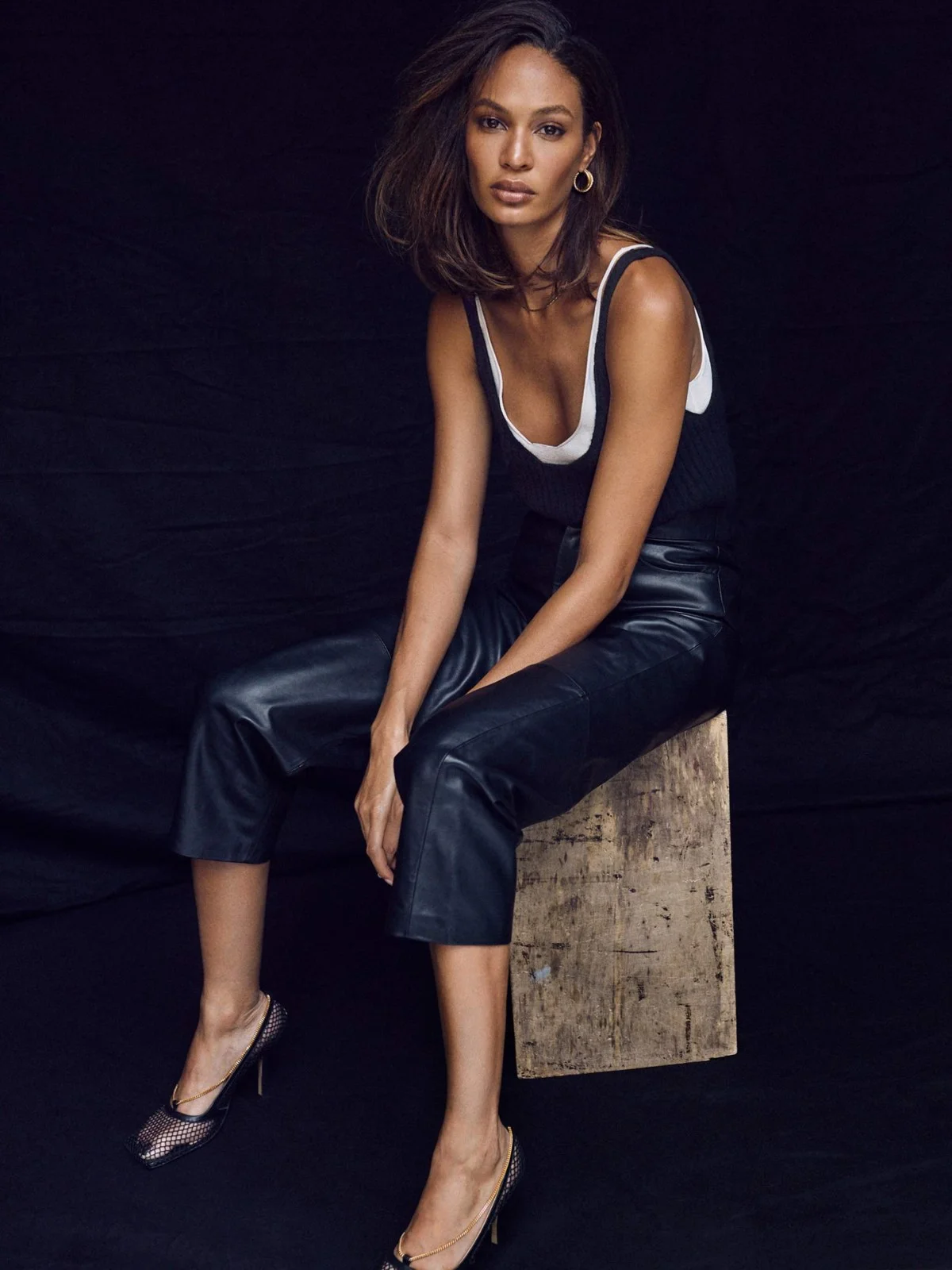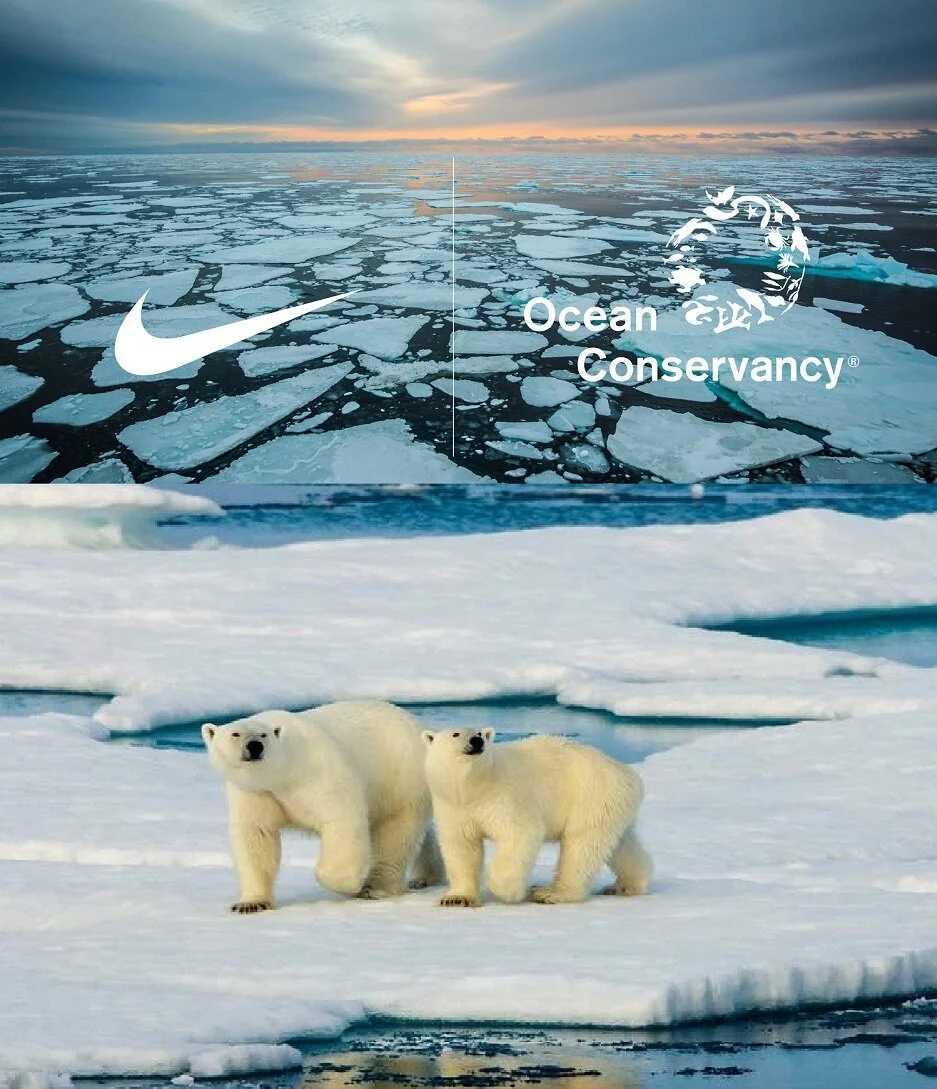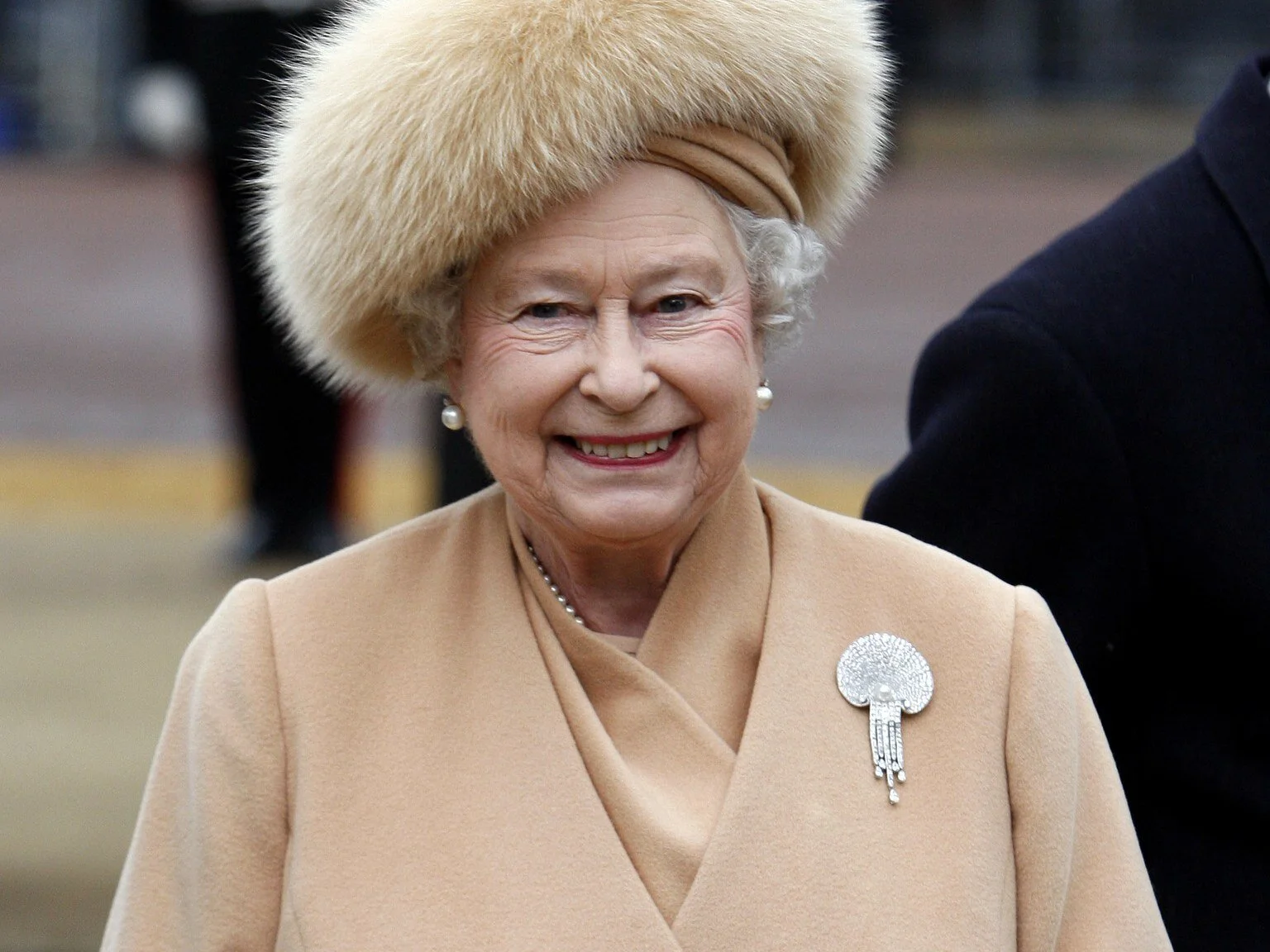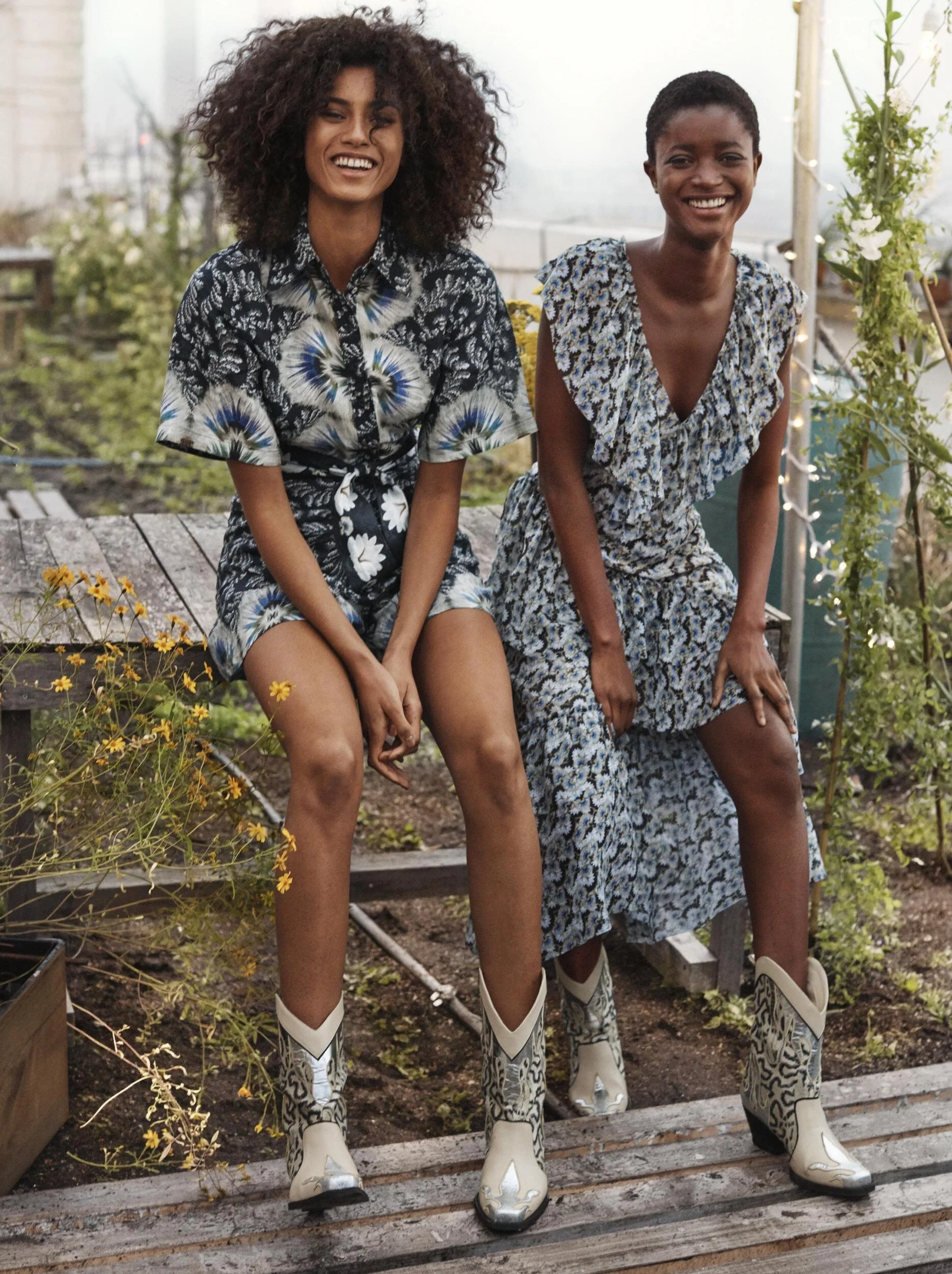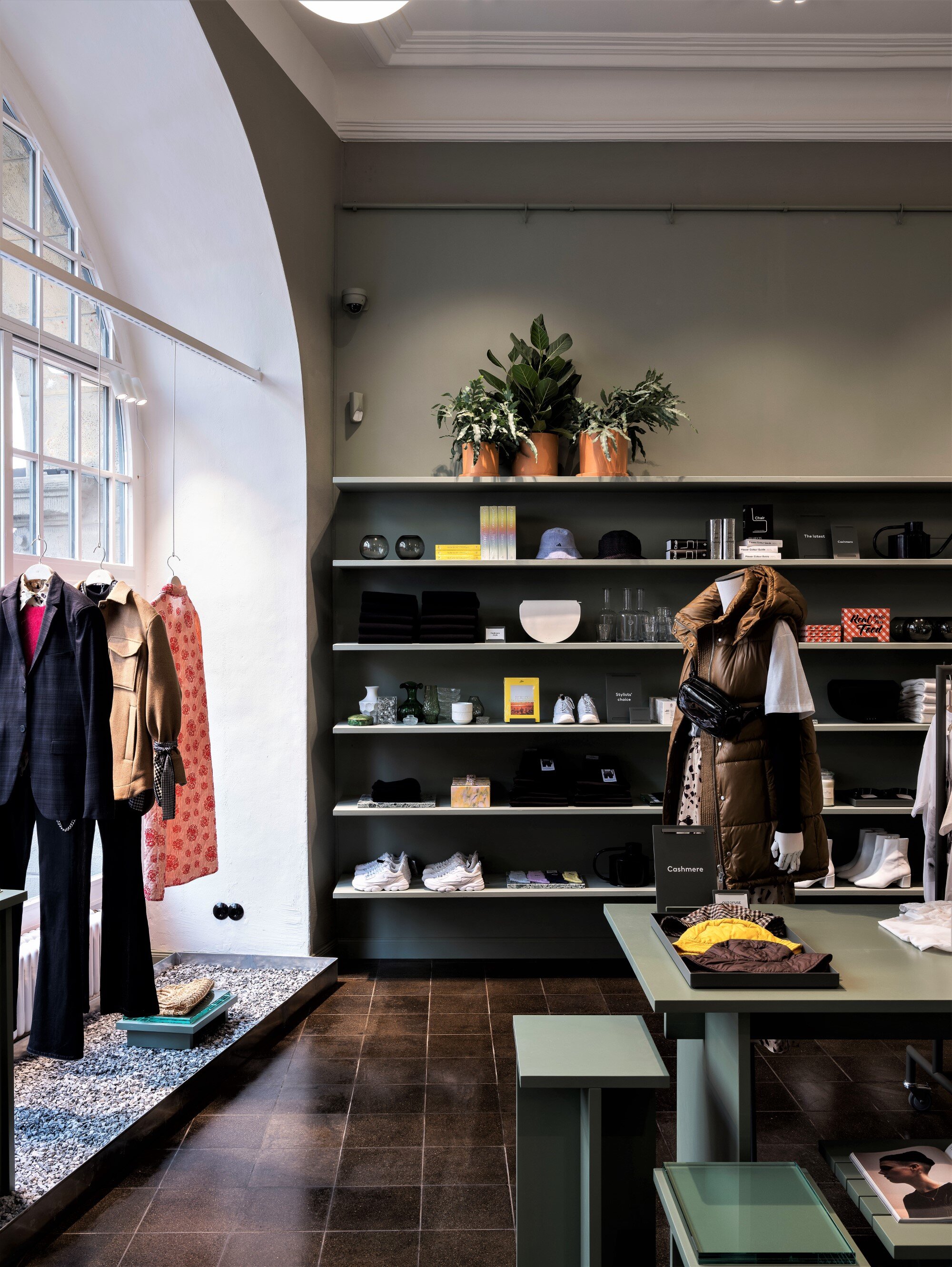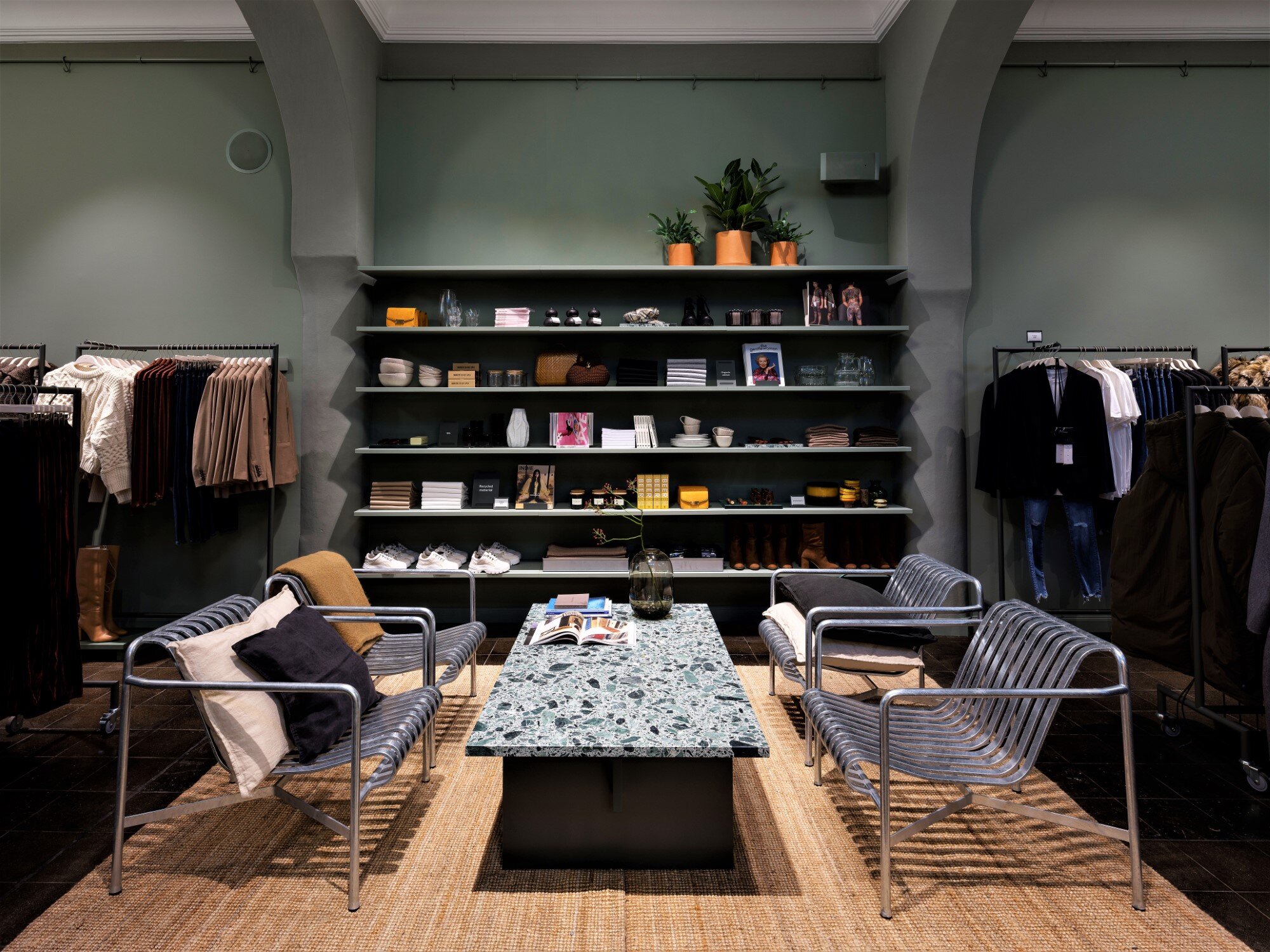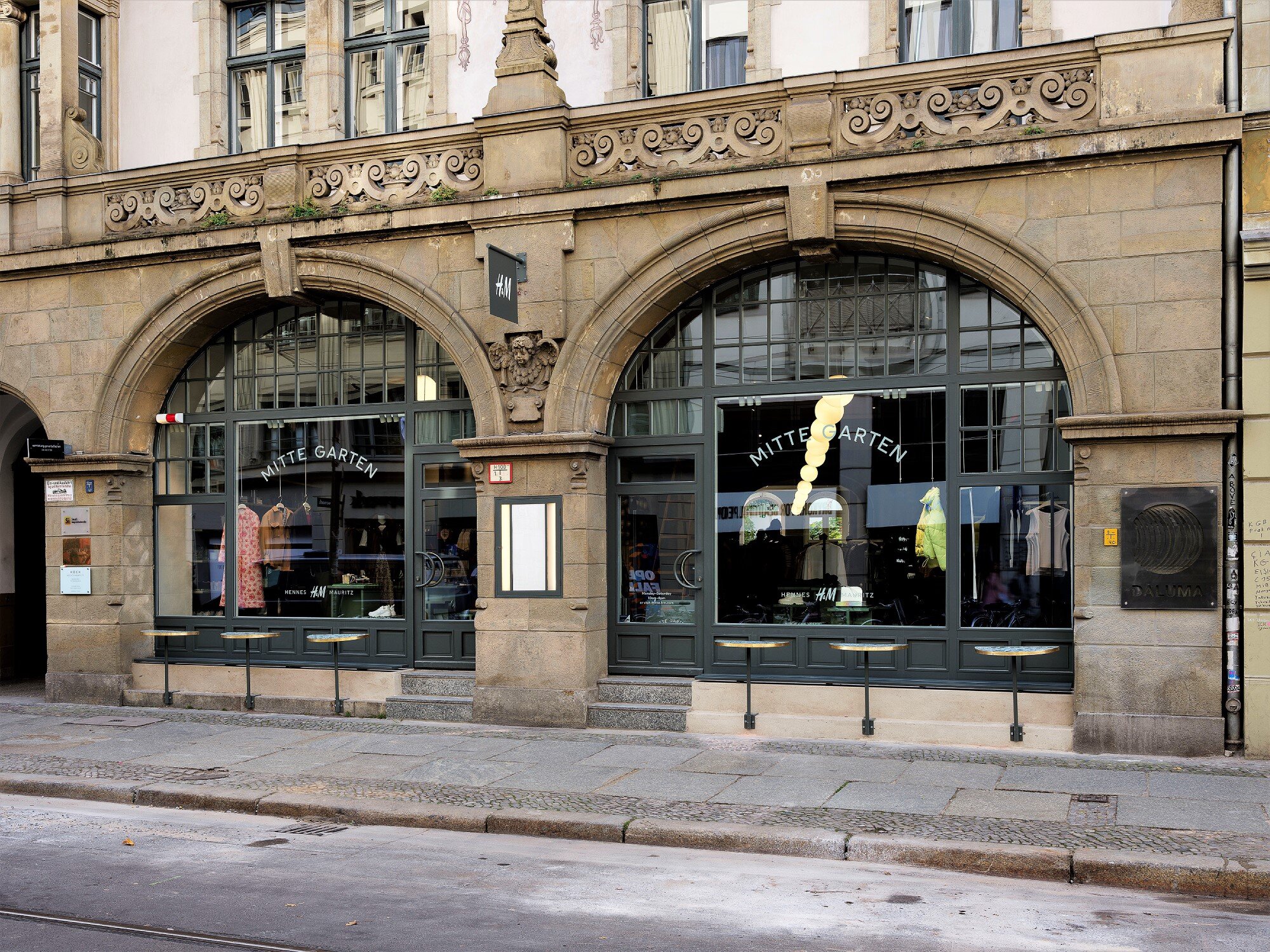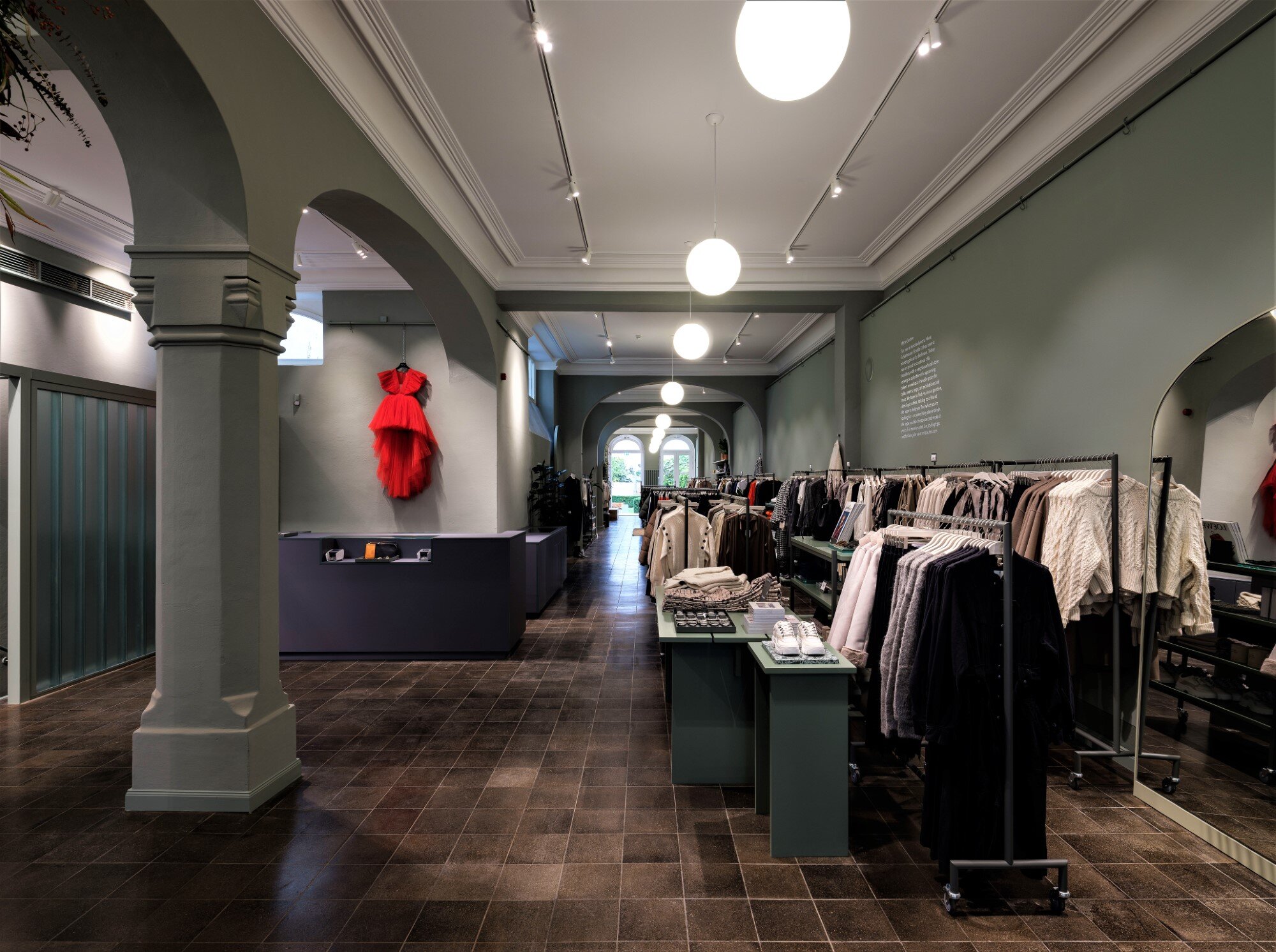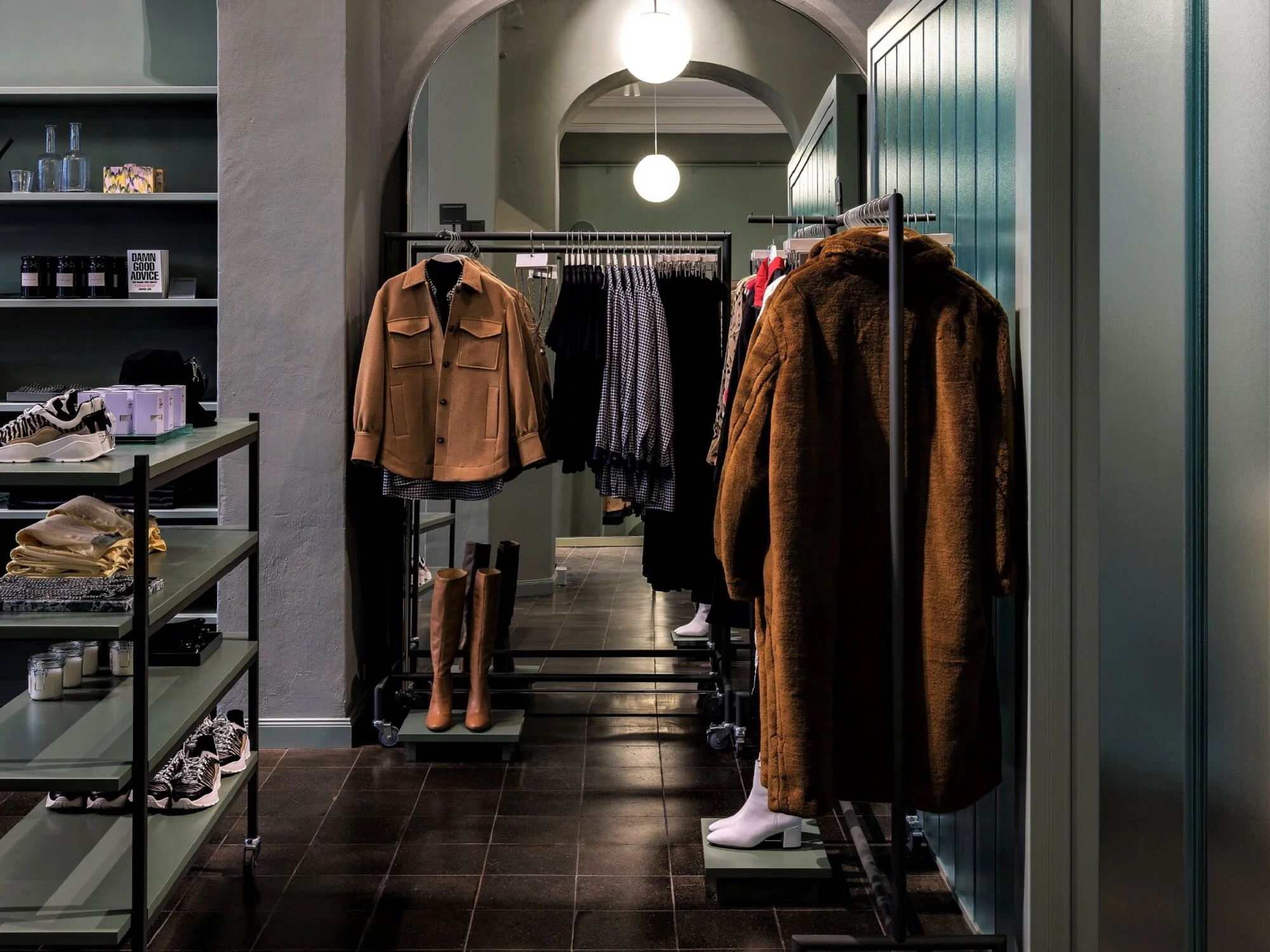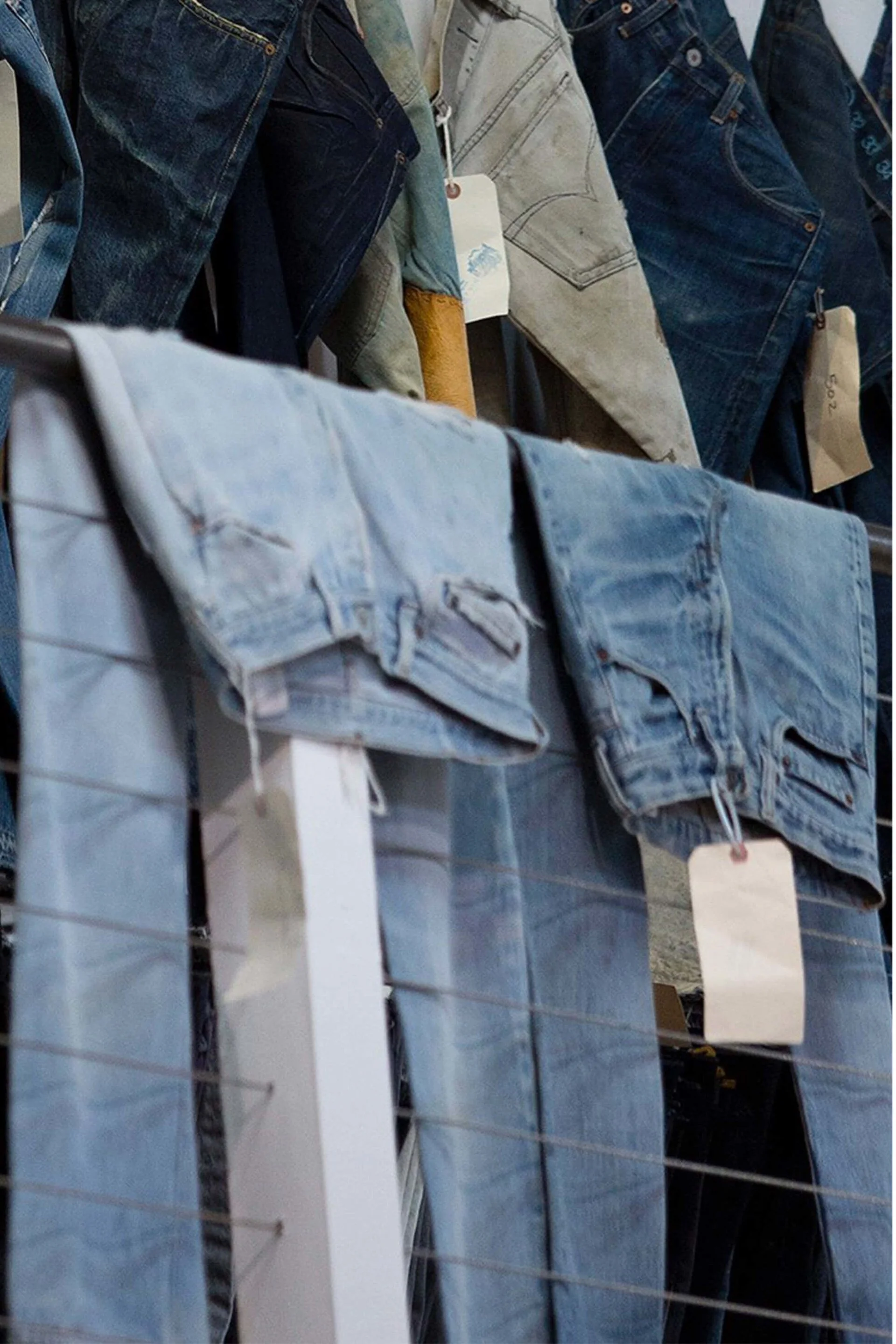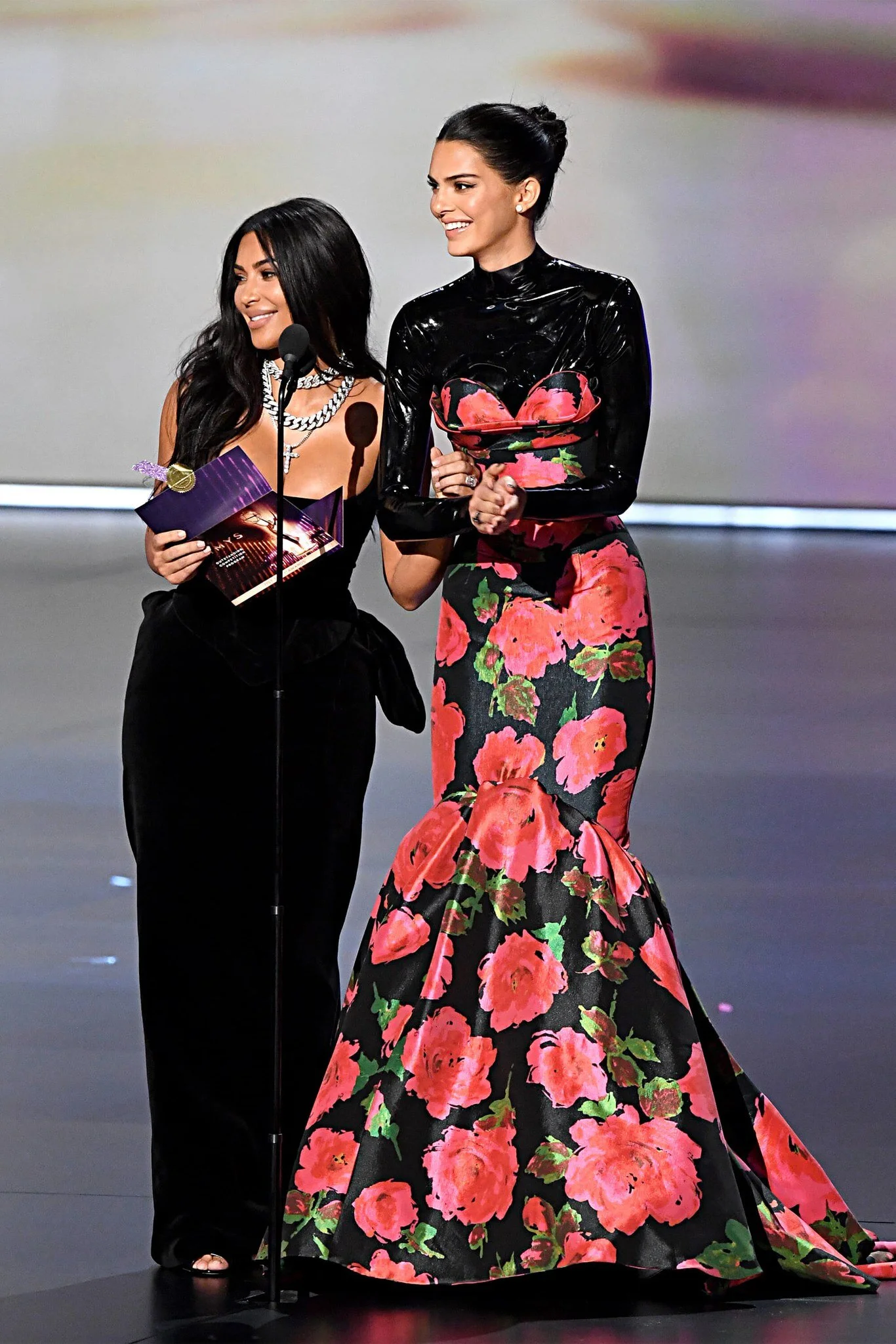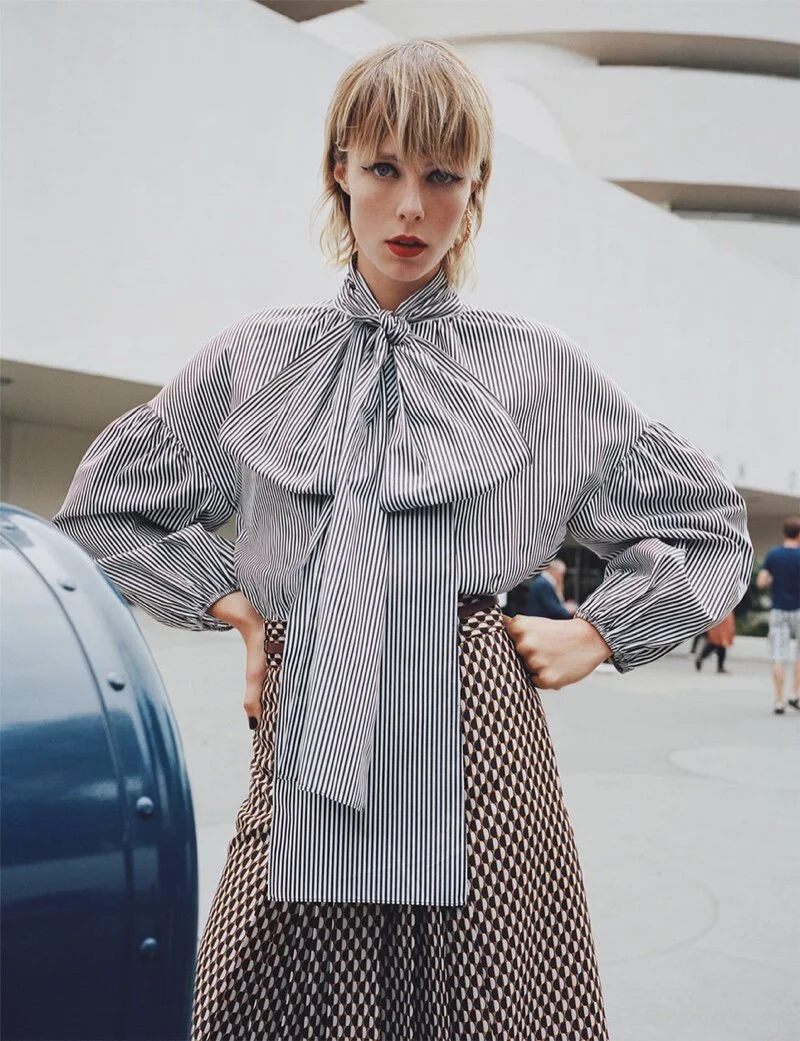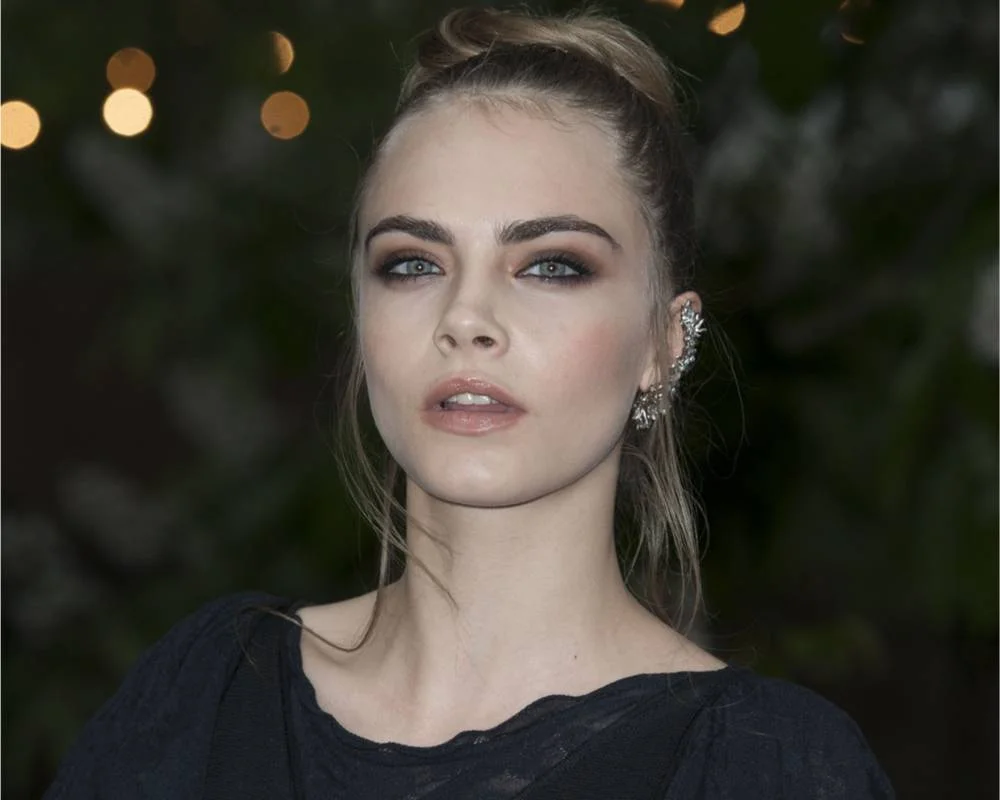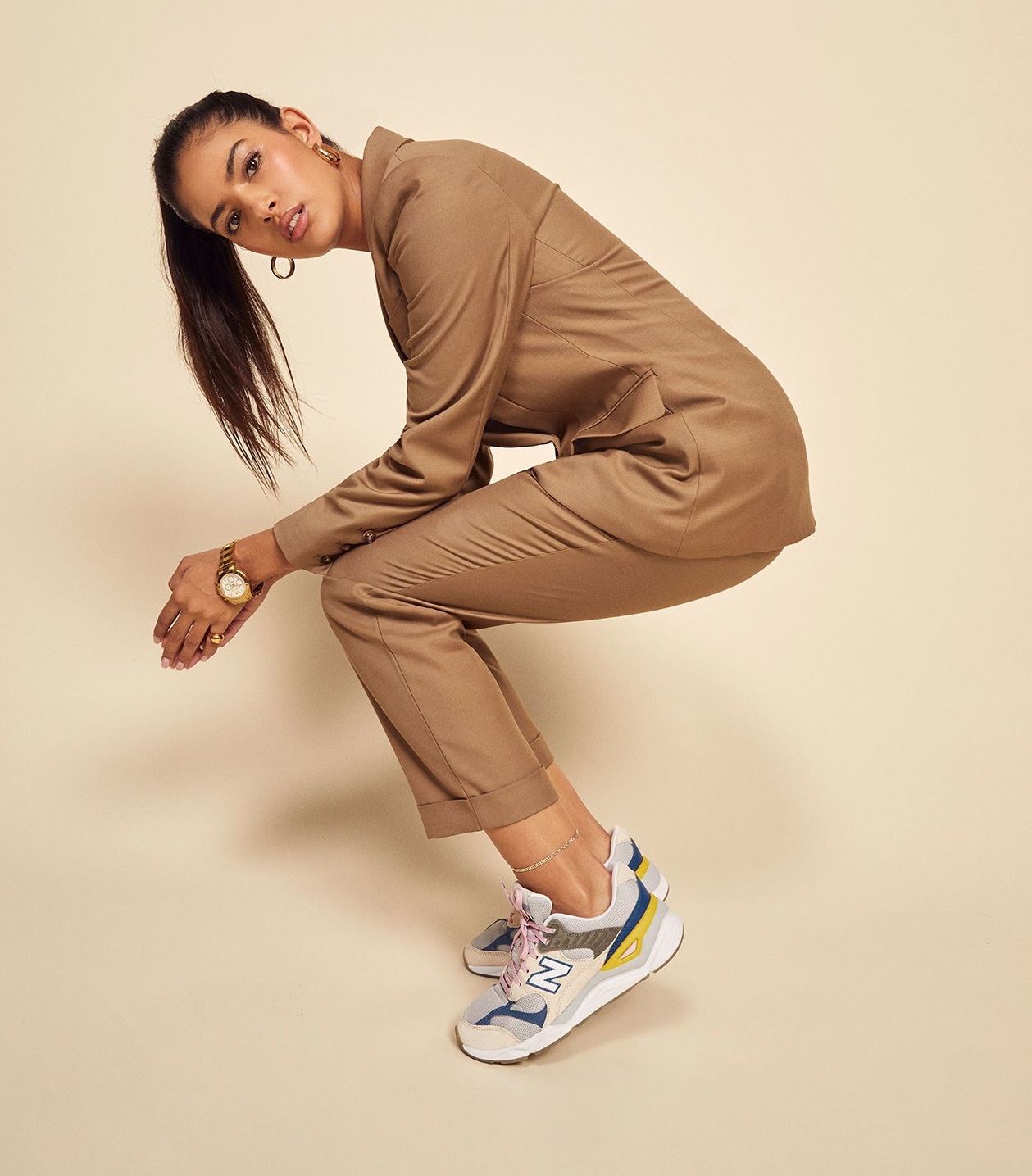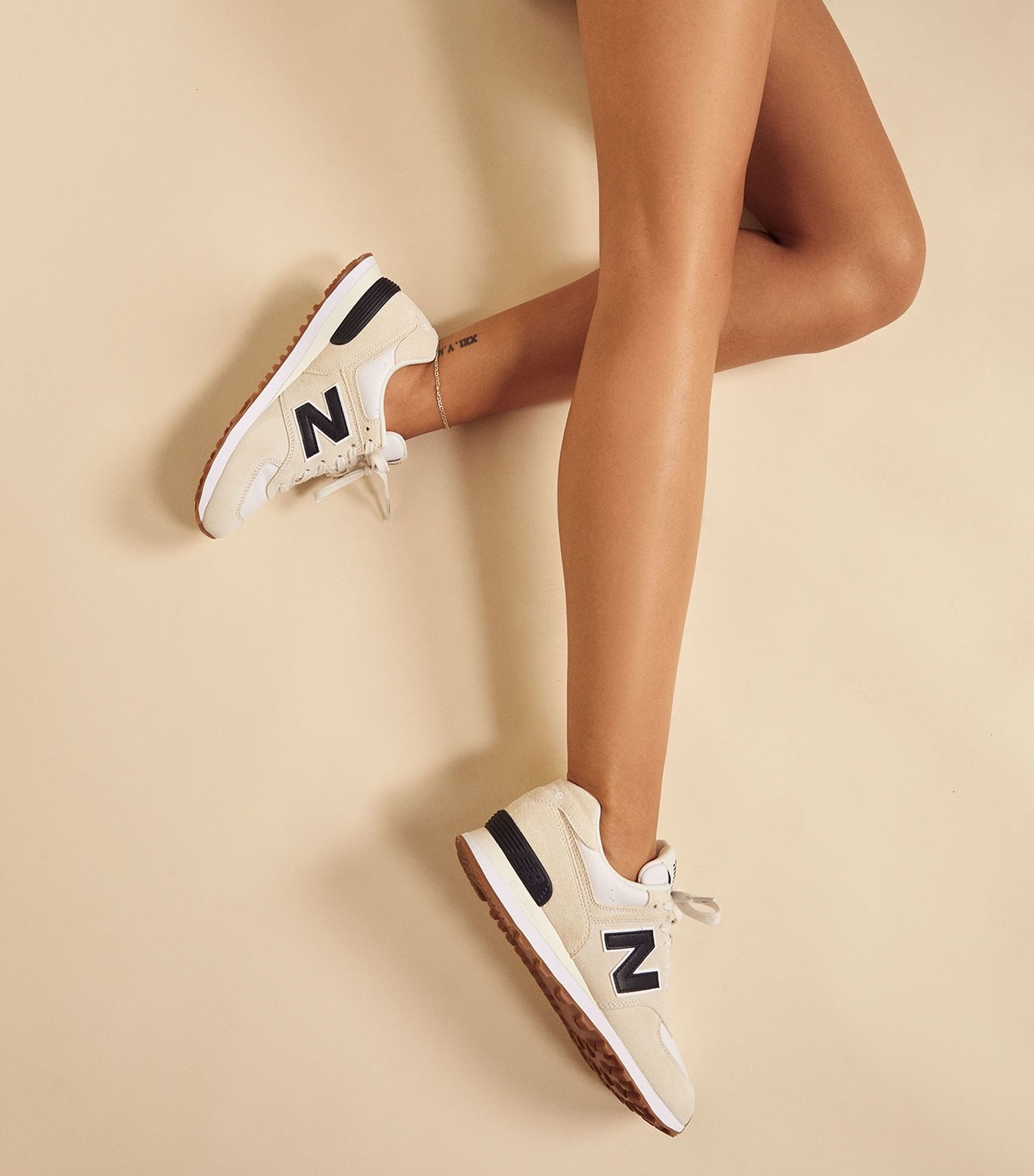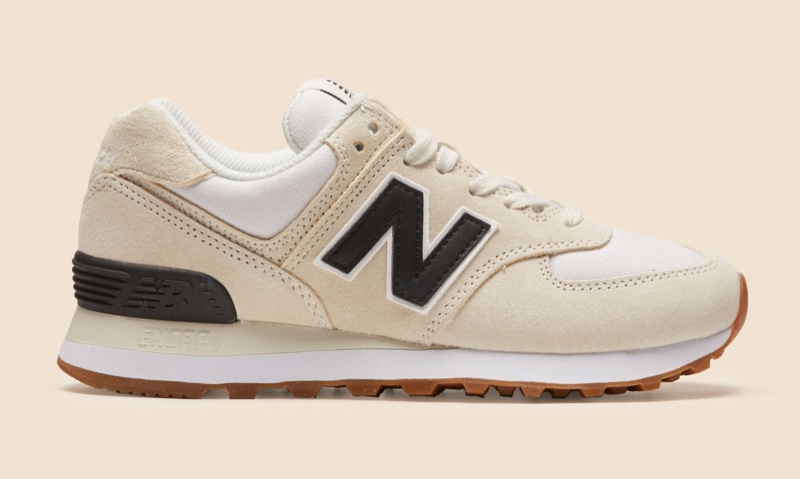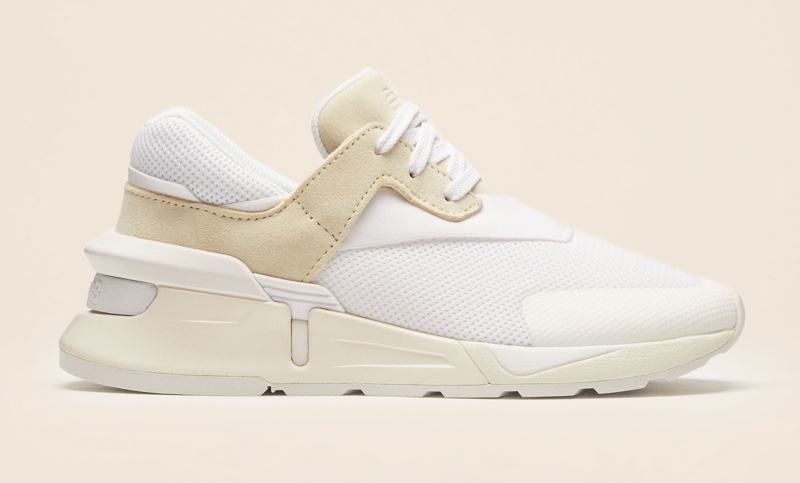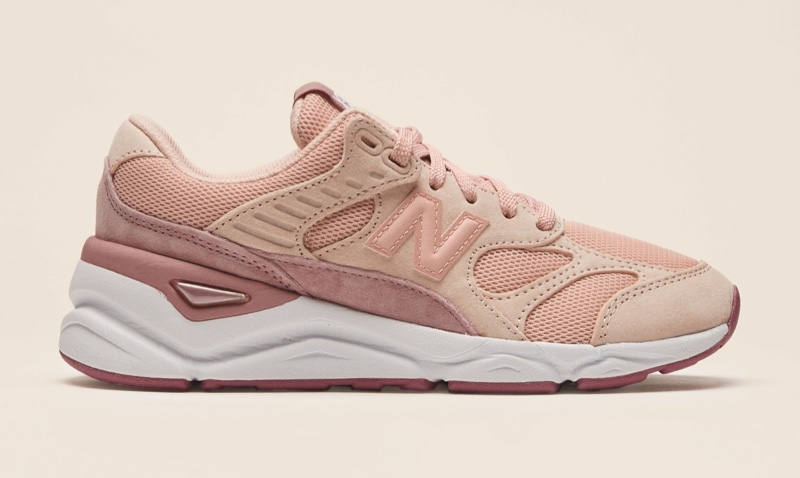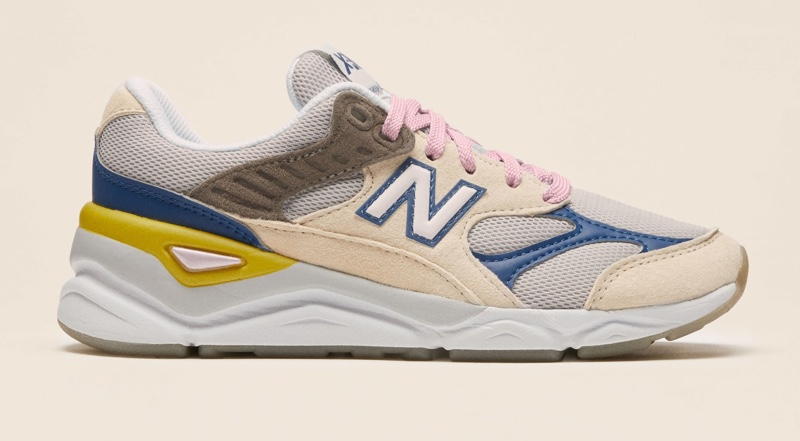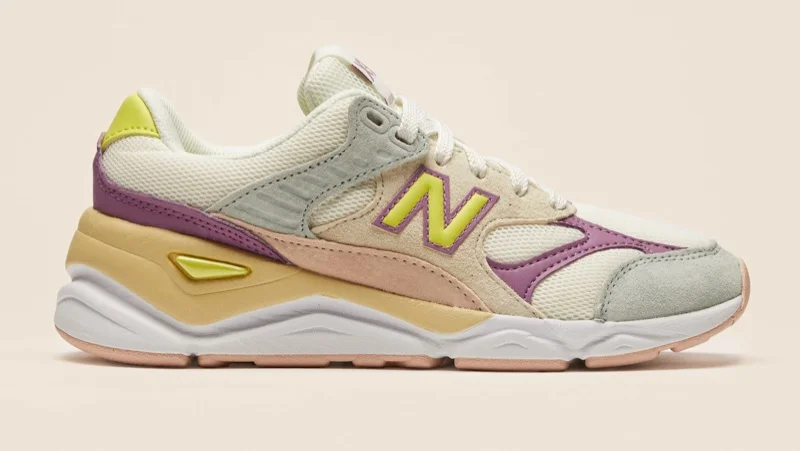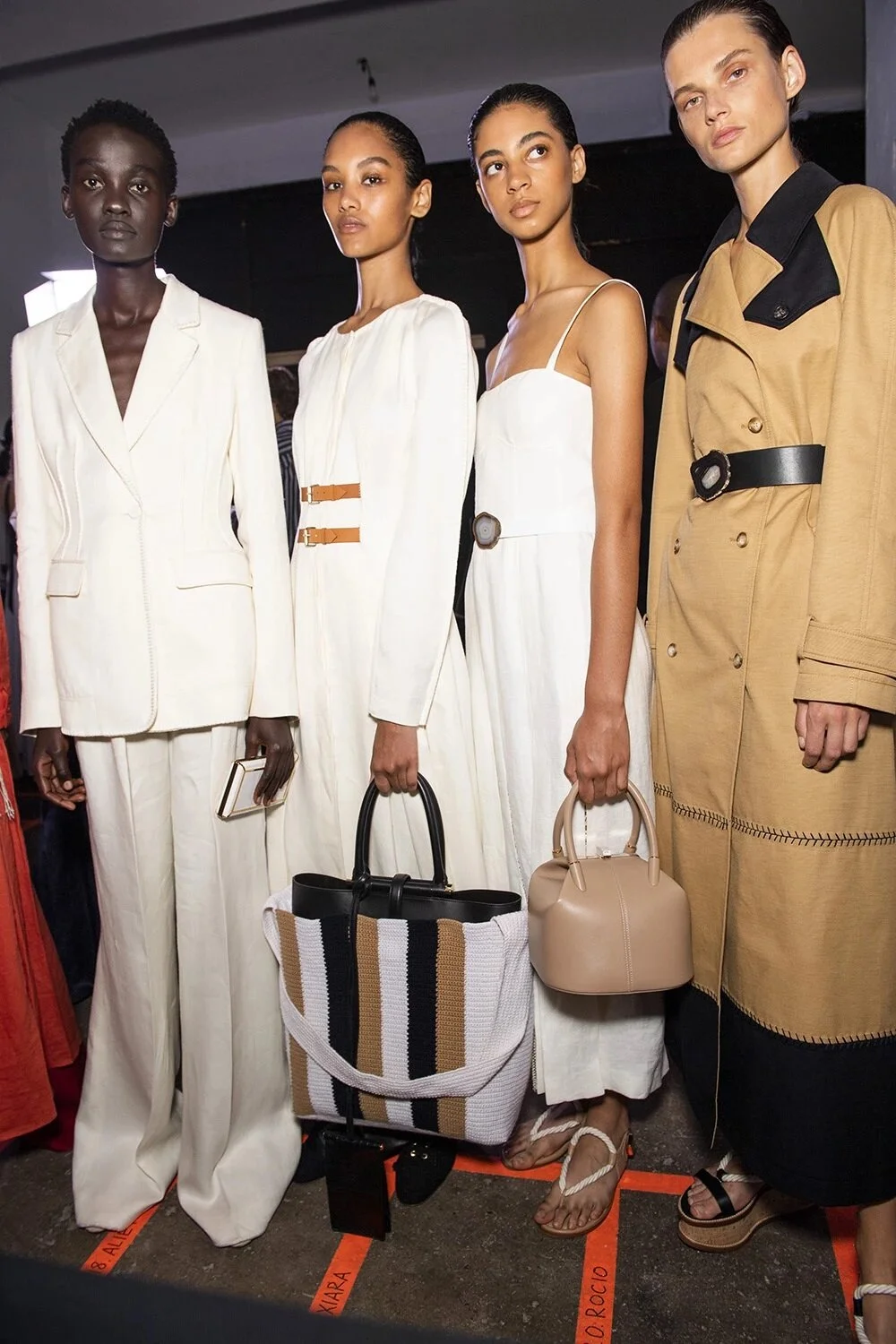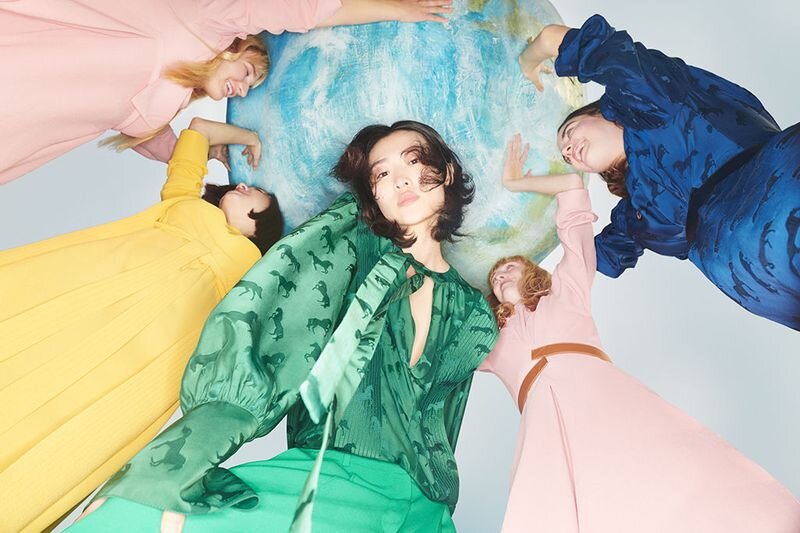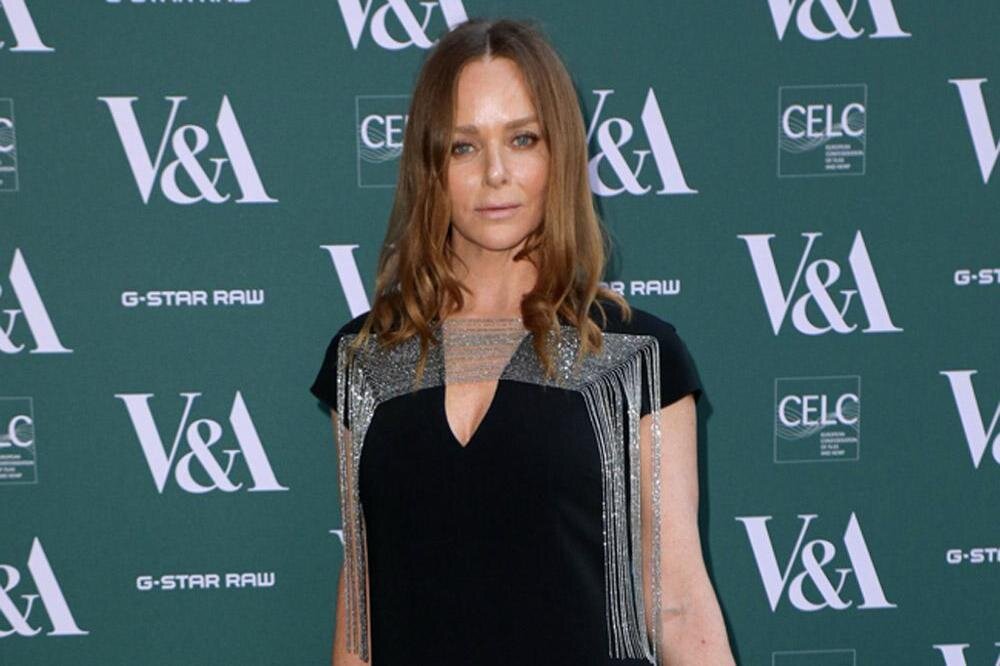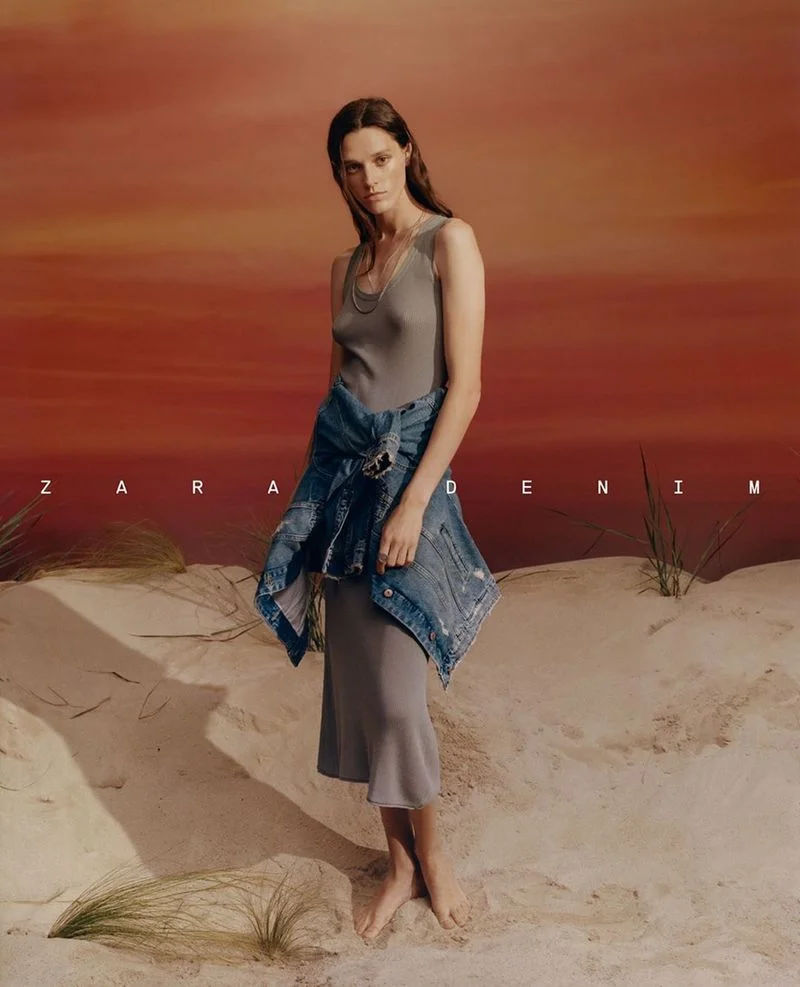Activist Liya Kebede on Lemlem, Financing Nonprofits for How To Spend It Magazine
/Activist Liya Kebede on Lemlem, Financing Nonprofits for How To Spend It Magazine
AOC has shared numerous articles about top model Liya Kebede and her ethical brand Lemlem, produced in Ethiopia and launched in 2007. Lemlem means “to bloom” and “flourish” in Amharic, writes How To Spend It Magazine’s Alice Cavanagh about her interview with Kebede in Paris.
Looking for fresh insights in Kebede’s How To Spend It interview, we note a discussion about the growing subject of diversity in the fashion industry. Reflecting on the Spring 2020 shows, the most diverse shows ever held in September and October, Estee Lauder’s first black spokesmodel smiles, “Honestly, it is a lot more colourful now.” She continues:
“When I started working, there could only be one black person on every runway. That’s kind of insane. It was accepted; no one even questioned it.” Certainly, I [interviewer Alice Cavanagh} offer, we might have social media to thank for this: fashion no longer exists in a bubble, and brands and people of influence are being held accountable for everything from casting choices to greenwashing.



